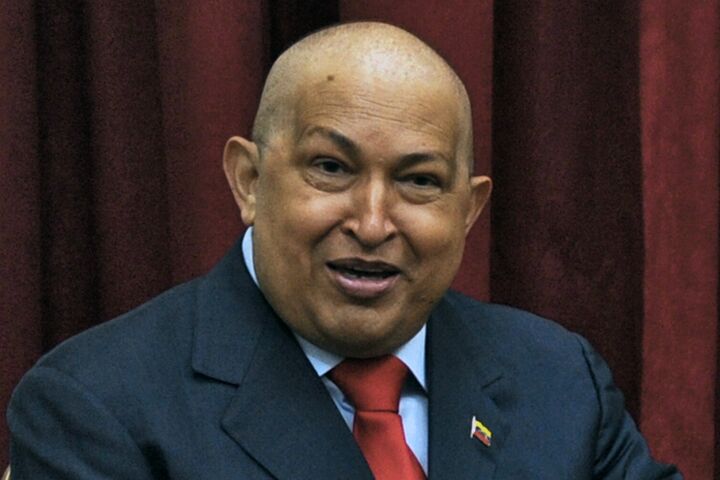
Venezuela: What’s Ahead After the Death of Hugo Chávez
Venezuelan President Hugo Chávez died on Tuesday afternoon after a long and difficult battle against cancer, leaving the world to wonder who will become the next leader of the oil-rich Latin American nation.
Vice President Nicolás Maduro will succeed Chávez as interim president, but the country must hold a new election within 30 days, according to its constitution. At that time, Venezuela may undergo a period of instability followed by a political transition on a scale the nation has not seen since Chávez first came to power in 1999, according to a Stratfor report published in December when the president’s health was rapidly declining.
Chávez’s death, Stratfor said, would give a unified opposition group—likely supportive of former presidential candidate Henrique Capriles Radonski—its best chance in over a decade of rising to power. Such a leadership change would likely signal a seismic shift in Venezuela’s foreign policy.
During his long presidency, Chávez distanced the Venezuelan government from the Vatican, which caused Pope Benedict xvi to reportedly view Chávez as a dangerous man, and to express deep concern over Latin America’s slide to the left.
But that breach would be rapidly healed if Capriles, a self-described devout Catholic, comes to power. Capriles was educated at the Catholic University in Caracas, and has said if he ascends to power the first items on his agenda would be to pay homage to the Virgin Mary, repeal Venezuela’s weapons deals with Russia, and contemplate an end to the nation’s robust relationship with Iran.
Such policies in Venezuela would no doubt greatly please the former pope and his successor, who will likely be in power before the end of the month.
The Trumpet and our forerunner magazine the Plain Truth have long pointed out Bible prophecies indicating that Europe and Latin America will likely draw near each other in the time just before Christ’s return—cemented together by the Roman Catholic religion and the Spanish language. The death of Hugo Chávez could open the way for these two sides to draw much closer.
To understand the deep significance of Europe’s inroads into Latin America, read “Is Venezuela on the Verge of a Roman Catholic Spring?” and “Europe’s Latin Assault.”
